James Tanner
b. 1941
After 1972 his focus changed to ceramic sculpture and the painterly exploration of ceramic surfaces. Of that work he has written, "I am attracted to clay's sophisticated and varied plastic nature, the need to work with fire, the use of chemicals, the potential for color and the material's rock nature. My work is a serious response to the spiritual dimension of nature."
Tanner is well known for his abstract reliefs in which the human face is the central element. Harvey Littleton remembered that when Mr. Tanner first began working with clay, he favored subdued, "natural" colors in the finished work. Then he began to experiment with colored glazes. Brilliant, unpredictable combinations of color and painterly applications of glaze, sometimes dripped in thin, Pollack-like skins over the clay's surface, "made the work really come alive," Littleton said. It was this aspect of his work that prompted Tanner's visit to Littleton Studios in 2003 to work with glass once again, this time to create vitreograph prints.
Taking a cue from his sculpture, Tanner's vitreographs focus on the human face. He produced two prints during his visit. The first, Wild Beastings, shows a face that seems to be half human, half nature-spirit. A surreal juxtaposition of organic shapes animated by energetic drawing and intense color gives form to the demi-god. The way that the component parts fit together reminds one of the allegorical portraits of the seasons by Arcimboldo, whose faces are composed of varied fruits, flowers, and vegetables. Like them, Wild Beastings startles, amuses and disturbs. It is an allegory of human nature at its most creative and unrestrained.
Tanner's second print, Big South, shows man's spirit in check. His thoughts are held firmly in place by that ubiquitous symbol of the average Joe; the billed cap. Wild Beastings' cranium cannot be contained by the edges of the composition and his neck and jaw are worthy of Hercules, but the refined contour of Big South's head fits perfectly within the space allotted for it. The edge of the face is bordered by a shadowy profile. It suggests a template to which the head is to be compared, or perhaps a stern conscience that prohibits the psyche from acting on its wild impulses.
James L. Tanner has an impressive exhibition record of thirty solo exhibitions and more than 125 group exhibitions. His long list of awards includes two National Endowment for the Arts grants and a McKnight Foundation Fellowship.
His work can be found in the collections of the African American Museum, Dallas, Texas; Afro-American Cultural Center of Cleveland State University, Ohio; Delaware Art Museum, Wilmington, Delaware; Everson Museum of Art, Syracuse, New York; Frederick R. Weisman Art Museum of the University of Minnesota, Minneapolis; Mint Museum of Craft + Design, Charlotte, North Carolina; Renwick Gallery of the National Museum of American Art, Washington, D.C.; Museum of Arts and design (formerly the American Craft Museum), New York City and the Racine Art Museum (formerly the Charles A. Wustum Museum of Fine Arts) in Racine, Wisconsin among others.
James Tanner is professor emeritus of ceramics at Minnesota State University. His teaching career spanned the years 1968 to 2003. he has been a visiting instructor at Penland School of Crafts in Penland, North Carolina; California College of Arts and Crafts in Oakland, California; Anderson Ranch Art Center in Snowmass, Colorado and Haystack Mountain School of Crafts in Deer Isle Maine. As a ceramics educator he has served on the board of trustees of the American Crafts Council (ACC) and the board of directors of the National Council on Education for the Ceramic Arts (NCECA). Tanner was president of the NCECA from 1996 to 1998. He was made Fellow of the American Craft Council in 2003.
Written by Ellen Fischer, director of The Littleton Collection gallery
Person Type(not assigned)










